By Lestey Gist, The Gist of Freedom
Located on the former Bartram Farm on Springfield Road in Collingdale, PA the 108-year-old “Eden Memorial Park” — as the inscription over the Gothic-style gray stone gates indicates — is the oldest public African-American burial ground in the United States.
Among its famous residents are abolitionist William Still, father of the Underground Railroad, and contralto Marian Anderson, who struck a blow for civil rights when she sang on the steps of the Lincoln Memorial in 1939 after being denied access to Constitution Hall because she was black.
“It’s safe to say that Eden Cemetery has the largest number of African-American Civil War veterans in the state of Pennsylvania,” said Eden Cemetery General Manager Mina Cockroft, founder, and president of the Friends of Historic Eden Cemetery.
Amos Scott – First Magistrate for Philadelphia
Chris J. Perry – Founder of the Philadelphia Tribune
William and Letitia Still – Author of “The Underground Railroad”
Dr. Caroline Still-Anderson – Philadelphia’s first Black female physician. Daughter of William and Letitia Stil
Dr. Rebecca Cole – Another female physician
John Taylor – First African-American to win an Olympic Gold Medal
Jesse Fauset – Noted Author, Teacher and First Phi Beta Kappa
William Cole – An Ambidexter
Ms. Caroline Lecound – Principal of O. V. Catto School
Francis Harper – Noted Author
Mrs. Henrietta S. Bowers-Duterte – First female Undertaker in the country
Nellie Bright – Teacher and First female PhD., University of Penn graduate
Marian Anderson – Renowned Opera Singer
The Reverends John Reave, Charles Tindley, J.
Campbell Beckett, Wesley Parks, William Creditt,
Father McDuffy, Father Bright, and Bishop Ida
Robinson are interred in Eden
Doctors E. C. Howard, R. J. Abele, Monroe Turnell and James Potter, repose in Eden
Joseph Turpin Seth – Successor to Harietta Bowers Duterte as well as her nephew. When he died in 1927 the business was the oldest “colored” business in Philadelphia. It was over 80 years old.
Octavius Catto (1839-1871) A prominent educator and activist during and after the Civil War, Catto is reflective of the nineteenth century Philadelphia’s dynamic and vibrant black middle class. In 1865 he staged a demonstration of civil disobedience against Philadelphia streetcar companies, which did not board black men and women. Having entered a streetcar, Catto quietly refused to get off when urged to by the conductor. When the conductor eventually chose to derail the car, Catto remained seated in silence well after the car had emptied. The event received national attention. Threats of legal action were made against Catto, but he ultimately escaped reprimand.
Catto further lobbied for black citizenship as a supporter of the Republican Party. He served as secretary in the Republican-organized Pennsylvania Equal Rights League. His political involvement brought his young and accomplished life to a sad, untimely end. In 1871, a year removed from Pennsylvania’s adoption of the 15th Amendment, which granted voting rights to black males, racial tensions ran high in the city of Philadelphia. Newly enfranchised black citizens, who almost exclusively supported Republican candidates, posed a significant threat to Democratic leaders, who relied heavily on white Irish support. On Election Day, October 10, 1871, Irish rioters sought to suppress the black vote, largely by violent means. Catto himself was confronted on the street and shot to death by Frank Kelly, likely an act of political murder motivated by Catto’s civil rights activism. Kelly stood trial in 1877 but escaped conviction. Catto’s death was mourned by the city, by white and black alike. His legacy lived on in the benevolent work of the Elks and black fraternal organizations throughout the region.
Born in South Carolina in 1839, Catto and his family settled in Philadelphia around 1850. He studied at the highly-regarded Institute for Colored Youth and eventually served as educator and assistant to the principal upon graduating in 1858. A staunch advocate of equal rights among men, Catto became increasingly involved in political action, both formal and informal.
During the Civil War, he and Frederick Douglass were instrumental in recruiting black volunteer regiments in and around Philadelphia, many of whom served in battle. In 1865 he staged a demonstration of civil disobedience against Philadelphia streetcar companies, which did not board black men and women. Having entered a streetcar, Catto quietly refused to get off when urged to by the conductor. When the conductor eventually chose to derail the car, Catto remained seated in silence well after the car had emptied. The event received national attention. Threats of legal action were made against Catto, but he ultimately escaped reprimand.
In 1866, with his friend Jacob C. White, Catto formed the Pythians baseball club. The Pythians club served three functions: first, it provided a social recreational network for members of the black community, many of whom knew each other from their days at the Institute for Colored Youth; second, it served as a political stage to demonstrate African Americans’ love and mastery of an increasingly popular and distinctly American game; and third, it provided a means to negotiate acceptance into white administrative organizations such as the Pennsylvania Association of Amateur Base Ball Players (the Pythians were ultimately denied acceptance). As player-manger and skilled shortstop, Catto was well recognized on and off the field.
Catto further lobbied for black citizenship as a supporter of the Republican Party. He served as secretary in the Republican-organized Pennsylvania Equal Rights League. His political involvement brought his young and accomplished life to a sad, untimely end. In 1871, a year removed from Pennsylvania’s adoption of the 15th Amendment, which granted voting rights to black males, racial tensions ran high in the city of Philadelphia. Newly enfranchised black citizens, who almost exclusively supported Republican candidates, posed a significant threat to Democratic leaders, who relied heavily on white Irish support. On Election Day, October 10, 1871, Irish rioters sought to suppress the black vote, largely by violent means. Catto himself was confronted on the street and shot to death by Frank Kelly, likely an act of political murder motivated by Catto’s civil rights activism. Kelly stood trial in 1877 but escaped conviction. Catto’s death was mourned by the city, by white and black alike. His legacy lived on in the benevolent work of the Elks and black fraternal organizations throughout the region.
Source: Facebook

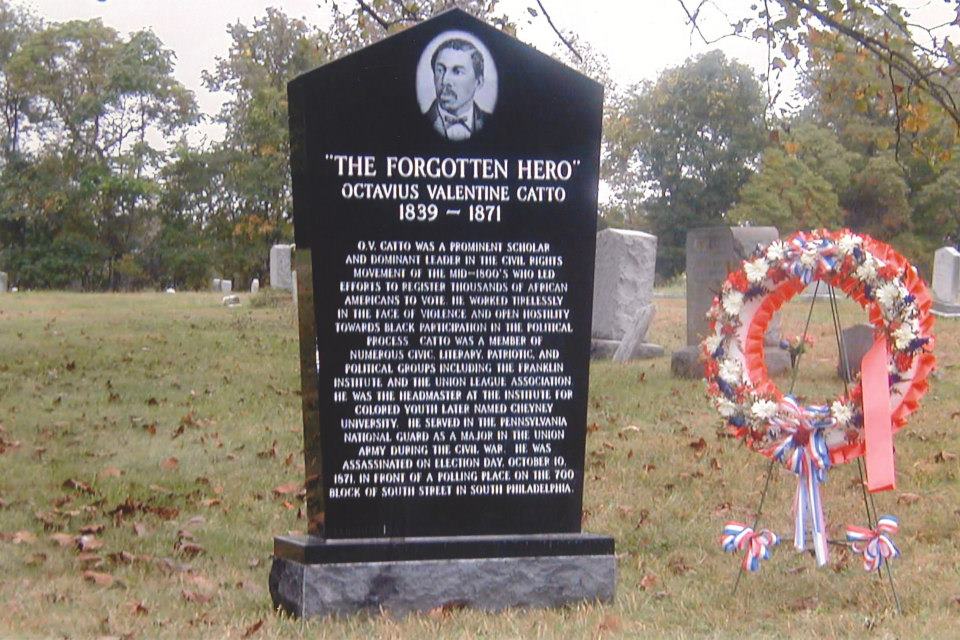



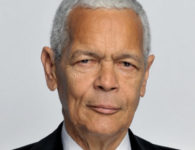
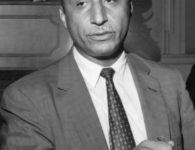
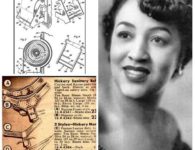
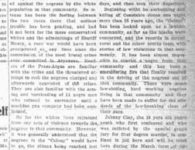
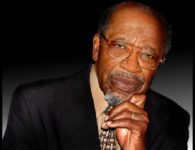

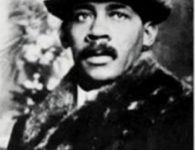
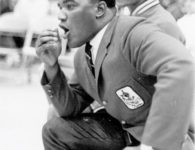
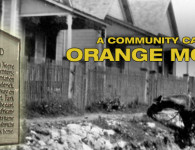
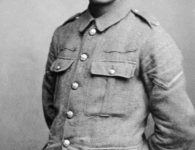
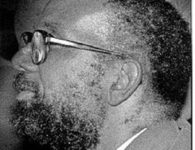
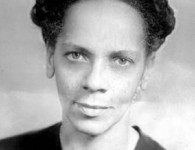
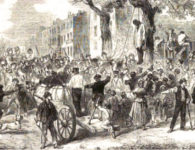



No comments